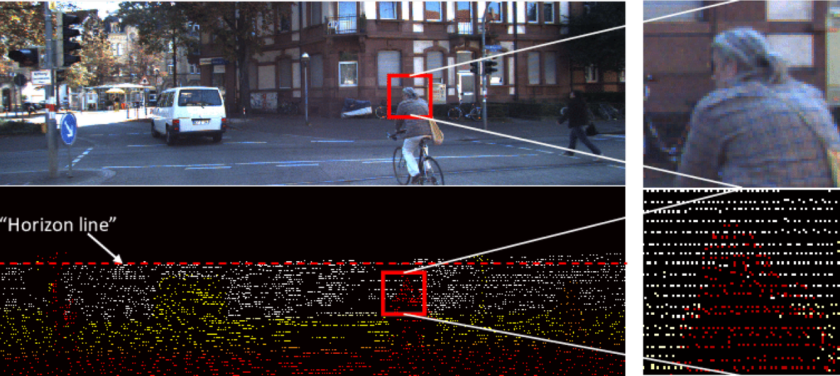Today, almost all our works are dependent on electricity. And meeting the energy requirement of ever increasing population is a challenge. Electricity generation based on renewal source can not be alone sufficient to meet the demand and researchers are constantly looking for alternative ways of electricity production.
Researchers at Virginia Tech, in Blacksburg, are developing bio-batteries as an alternative source of energy. The traditional bio-batteries were not sufficient in generating power in large quantities. But this new generation lightweight, bio-batteries that are dependent on biological processes to produce electricity, will be far better and powerful than most of the batteries that are found in electronic devices, such as smartphones.
Sugar is known for giving instant energy in our body. The metabolic process that is carried in the body breaks the sugar into carbon dioxide and water along with discharging electrons. Scientists have been working a way out, to use sugar in a similar way for powering electronic devices.
The concept of bio-batteries are based on the conversion process of sugar into energy and capturing the electrons that are produced when the sugar gets broken, using the similar tools that the human body uses. The added benefits that come along with the bio-batteries are that as they are using natural biological materials for power generation and therefore, are non-toxic, biodegradable, easily renewable and the prime byproduct is water. These bio-batteries have a brighter future and can be seen promising alternative to batteries that require metals and chemicals to function.
A bio-battery prototype with greater output per weight than the usual lithium-ion batteries that are used in electronics, has been designed by researchers, Percival Zhang and Zhiguang Zhu. These bio-batteries are capable of fully transforming sugar into energy and thus generates more power as output than the old bio-batteries and also more battery charge than the usual lithium ion batteries.
Researchers Zhu says that in the future, new bio-batteries using sugar as the fuel, will make the batteries of the smartphone last for 10 days, unlike the lithium ion battery that need to be recharged within a day.
A system of enzymes boosts the output of these bio-batteries. The enzymes are proteins that aid in the reaction that converts sugar into energy. The two active enzymes of the system release two pairs of electron from the sugar and other 10 enzymes help to begin the reaction inside the bio-battery. Once the reaction is started, the active enzymes discharge another group of electrons and after six cycles, the entire energy along with water and carbon dioxide, confined in the sugar molecule is extracted from the bio-battery.
The traditional bio-batteries were not able to use the non active enzymes for recycling and so only one sixth of energy is generated as compared to new aged bio-batteries. The high efficiency is achieved by extracting more electrons per weight of sugar. This process of converting sugar into energy requires lesser enzymes than what is required by the body and so these bio-batteries are more powerful.
But before the bio-batteries can be commercially used, Zhu and his team have two important hurdles to clear. The power output is still not optimal in the non optimized form of batteries and the cell life is short and the cell is not rechargeable. But the researchers are optimistic that they will find a way for these issues in the future. However the concept is very promising in meeting the requirement of power in the future.
Alternative sources like solar, nuclear, hydro, wind and now bio-batteries are clean energy and not causing harm to the environment as the renewal sources of energy is doing. Well, for now I am imagining how would it feel when the sugar will power our smartphones, laptops and other household devices.




